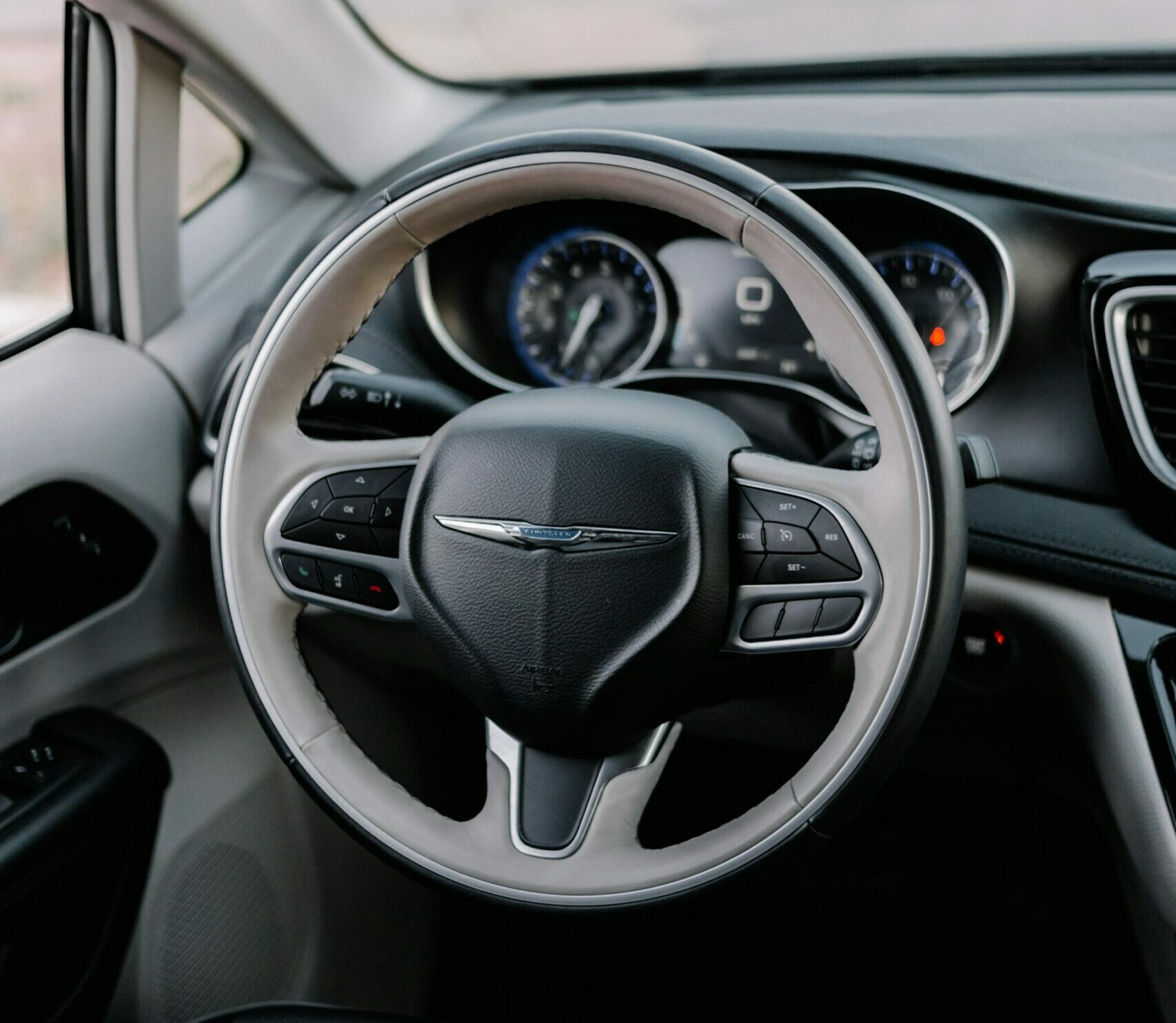When an accident happens and you are not harmed physically, can you take legal action for the emotional damage? Can you take legal action? It’s commonly believed that only physical harm warrants a lawsuit; the legal landscape is more distinct than that.
There are various factors that determine your ability to sue, and non-physical damages can also be grounds for legal action. According to a car accident lawyer in Madison County, regardless of what sorts of injuries you’ve suffered, whether they are emotional or physical, you are entitled to seek justice and receive fair compensation for your situation.
In this article, let’s examine the potential challenges that may come with pursuing a non-injury lawsuit. If you find yourself in a situation where your car has been damaged or you’ve experienced emotional distress due to the accident, keep reading.
Understanding the Legal Definition of ‘Hurt’
When it comes to car accidents, ‘hurt’ typically refers to physical injuries sustained by individuals involved in the accident. Take note that harm can extend beyond just physical injuries. In the legal context, ‘hurt’ can also encompass emotional distress, psychological trauma, or damage to property.
If you have been in a car accident without any physical injuries, you may still be able to take legal action if you have suffered non-physical harm. For example, if the accident caused significant emotional distress or mental anguish, you might have a valid claim for compensation. If the accident resulted in damage to your vehicle or other property, you may also be entitled to seek reimbursement for the cost of repairs or replacement.
It is interesting to note that the annual economic impact of car crashes is estimated at over $240 billion. This means that apart from the medical costs of being involved in a car accident, many people also experience economic and financial losses due to car accidents. If you want to read more car accident statics, head to this page: https://www.uslawcenteronline.com/riverside-car-accident-lawyer/
Factors That Determine Your Ability to Sue
While it’s true that you can still file a lawsuit even if you haven’t sustained any physical harm, there are several factors that will affect your ability to pursue legal action. The most important factor is the presence of negligence. You must be able to prove that the other party involved was at fault and acted negligently. This means demonstrating that they failed to exercise reasonable care while driving, leading to the accident.
Another factor to consider is the extent of property damage. Although you may not have been injured, if your vehicle suffered significant damage, you may be able to seek compensation for repairs or replacement. In addition, the laws of your jurisdiction play a significant role. Each state has its own set of laws regarding car accidents, and these laws can vary significantly. Familiarize yourself with the specific laws in your area to understand your rights and options.
Non-Physical Damages That Can Be Sued For
Non-physical damages that can be sued for include emotional distress and loss of consortium.
Emotional distress refers to the psychological impact of the accident, such as anxiety, depression, and post-traumatic stress disorder (PTSD). If you have experienced severe emotional distress as a result of the car accident, you may be able to seek compensation for the mental anguish you have endured.
Loss of consortium is another non-physical damage that can be sued for. It refers to the negative impact the accident has had on your relationship with your spouse or partner. This can include the loss of companionship, affection, and intimacy due to physical or emotional injuries sustained in the accident.
To successfully sue for non-physical damages, it’s important to gather evidence that supports your claim. This may include medical records, therapy sessions, testimonies from mental health professionals, and statements from your spouse or partner regarding the impact on your relationship.
Legal Options for Property Damage
If you decide to file a claim with your own insurance company, you’ll need to contact them as soon as possible after the accident. They’ll guide you through the claims process and determine the extent of the damage to your vehicle. Depending on your insurance policy, you may be responsible for paying a deductible before your insurance company covers the remaining costs.
If you choose to pursue a claim against the at-fault driver’s insurance company, you’ll need to gather evidence to support your claim. This may include photographs of the damage, a copy of the police report, and any witness statements. It’s also important to keep records of any repair estimates, invoices, and receipts.
If your vehicle has been damaged in a car accident, you have legal options to pursue compensation for the property damage. Take note that property damage claims are separate from personal injury claims.
Potential Challenges in Non-Injury Lawsuits
There are several potential challenges that you may encounter when pursuing a non-injury lawsuit for a car accident,
- Proving negligence. In non-injury cases, it can be difficult to establish that the other driver was at fault for the accident. Without physical injuries, it may be harder to demonstrate that the other party acted negligently and caused the accident. You’ll need to gather strong evidence, such as witness testimonies, expert opinions, and any available surveillance footage, to support your claim.
- Estimating the value of your claim. In non-injury lawsuits, the damages are primarily focused on property damage. Determining the value of your damaged vehicle can be tricky, as it involves assessing the cost of repairs, depreciation, and the market value of the car. It’s important to gather estimates from reputable mechanics and consider the impact of the accident on the resale value of your vehicle.
- Non-injury lawsuits may face challenges related to insurance coverage. If the other driver is uninsured or underinsured, it can be difficult to recover the full value of your damages. In such cases, you may need to explore other avenues for compensation, such as filing a claim with your own insurance company or seeking legal action against the uninsured driver.
Conclusion
Even if you aren’t physically hurt in a car accident, you may still have the legal right to sue for non-physical damages and property damage. The ability to sue will depend on various factors, such as the specific laws in your jurisdiction and the extent of the damages. Remember that non-injury lawsuits may come with challenges, so it’s advisable to consult with a legal professional to understand your options fully.







